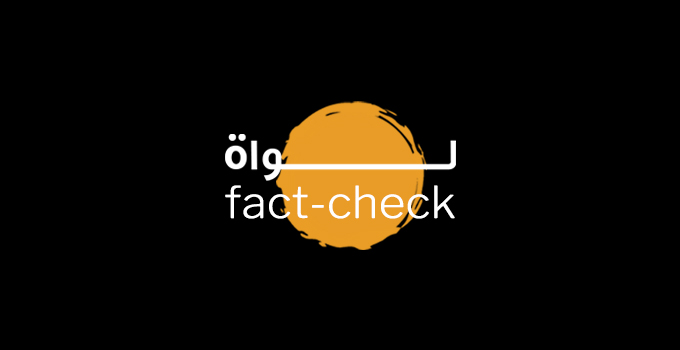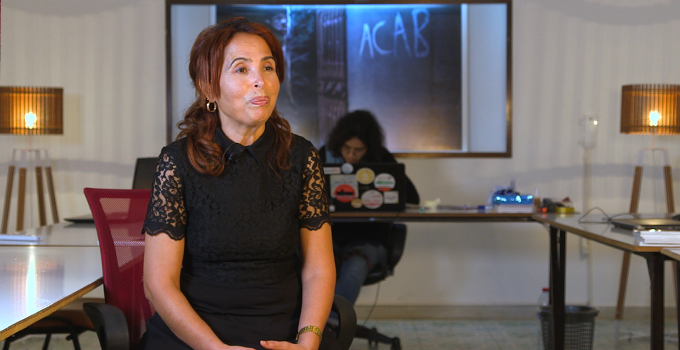
On 22 May 2015, Tunisian Prime Minister Habib Essid headed the first meeting of the Strategic Council for Digital Economy (CSEN). Submitted by former Minister of Higher Education and Scientific Research Taoufik Jelassi and signed by former Prime Minister Mehdi Jomaa, Decree n°2014-4151 of 3 November 2014 replaced Decree n°2013-4514 of 8 November 2013 proposed by the former Minister of Information and Communication Technologies (ICT) Mongi Marzoug. The mission of the Council is to decide and deploy projects associated with the National Strategic Plan (PNS) for digital development in Tunisia ” Digital Tunisia 2018″.
A Tunisian style Multistakeholders Council
The Council’s composition, as far as what has been presented to the public, contradicts discourse that has promoted the CSEN since Jomaa’s term as head of government. In 2014, Jomaa and Jelassi announced that the Council’s constituent would be inclusive; this year, current ICT Minister Noomane Fehri has implied as much in media appearances and bilateral meetings at the Hague during the cyber security conference, and during the first CSEN meeting, current Prime Minister Habib Essid described a committee that promotes private-public sector parity through its constituent of nine representatives for each sector. Both Fehri and Essid have endorsed a public-private partnership (PPP) approach for the developing ICT in Tunisia on the basis that, according to Fehri, the public sector is incapable of modernization without assistance from the private sector.
In fact the “multistakeholders” approach described above is restrictive as it does not include representation from civil society and the technical community; the role of such actors is, of course, crucial in the planning and implementation of a National Strategic Plan for a Digital Tunisia. For comparison we can consider analogous entities outside of Tunisia, such as the National Digital Council (CNN) in France. The CNN is composed of parliament deputies, researchers, activists and others and respects even gender parity. In Brazil, a committee was created in 1994 with a range of members including nine representatives of the government, four from the private sector, four from ICT services sector, three from the technical and research community, plus one expert.
In comparison with existing international models, Tunisia’s council for digital economy is unsatisfactory, limited to two categories of representatives. Tunisia is still far from implementing policies based upon multistakeholders governance model that has been in high demand since 14 January 2011. It is for this reason no doubt that the National Forum for Internet Governance did not take place as planned during the first quarter of 2015.
Another concern associated with the constituent of Council members is the lack of independence from business and politics. ICT actors in the public sector are all represented by the Ministry of ICT and Digital Economy which is also responsible for monitoring the National Strategic Program and choosing experts and representatives from the private sector.
State Party: A Ministry Transformed into Political Campaign Headquarters

Upon his arrival at the head of the Ministry, Noomane Fehri was accompanied by the majority of his campaign team. Several weeks after his inauguration, the Minister appointed eight members of his party Afek Tounes; legislative campaign director Nebil Chemek was named task officer “Chargé de mission”—in reality he acts as chief of staff—within the Ministry. After the mysterious resignation of Mustapha Mezgani, creator of “Smart Tunisia,” Fehri called on HR Access “Coach” Raouf Mhenni to fill the position.
PNS, the “French Connection”
We recall that Digital Tunisia 2018 is a mega plan of 5.522 million dinars of which up to 1.865 million dinars are financed by public contributions in the form of funding sourced from the 5% Telecom royalties that Tunisians pay, and other funds from public ICT Co. Although the Ministry of ICT has held to the general guidelines of the PNS, it accidently published and almost instantaneously removed important details on its Facebook page on 4 February:
These projects will be reviewed and decided by the CSEN. The steering committee–which, in the words of the Fehri, will be composed of “young specialists” and the “Tunisia IT Promotion Agency” under the same ICT Ministry–will work with Council members.

Private sector Council members include four representatives of the UTICA, two from the Tunisian Association of Communication and Technology (TACT) and three experts including the former Minister of ICT and current associate director of Ernst & Young, Sami Zaoui, former minister of Tourism and current head of Talan (specialized in consulting and assistance in professions related to information systems and the integration of new technologies) Mehdi Houas, and Hazem Ben Belgacem. The common point between the majority private sector representatives is their affiliation with the Tunisian Association of the Grandes Ecoles (ATUGE).
TACT member OXIA is already heading one of 64 PNS projects called Identification Unique du Citoyen (UIC). Also Business Decision in cooperation with Deloitte Tunisie whose associate director Mohamed Louzir is a founding member of Afek Tounes, have launched a tenders process for e-Administration and e-Gov projects.
The Council’s lack of independence is associated with conflicts of interest and insider trading. There has as of yet been no initiative to observe criteria that would promote the independence of the CSEN. The exclusion of civil society representatives, who might serve as a safeguard against lobbying, has exacerbated the risks associated with conflicts of interest and insider trading. How is it, for instance, that half of the members are judges and party members whose businesses have initiated tenders processes for PNS projects, and among whose responsibilities are also the monitoring of these same projects?
Tunisia has missed its opportunity to create an independent, multi-party governance apparatus, to develop and employ mechanisms for open and transparent decision-making and thereby save the ICT sector which is presently overrun by business and politics.





iThere are no comments
Add yours